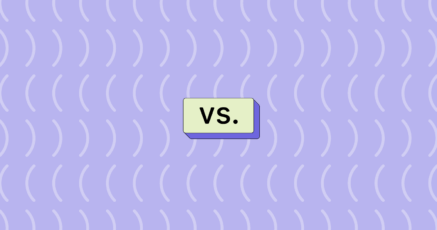Commonly Confused Words - Page 20
- Licence vs. License—Spelling RulesLicense is both a noun and a verb in the United States. If you live in any other English-speaking country, you will spell it...July 20, 2016
- Entitled vs. TitledYou can say that a book is entitled “so and so,” but to say that it’s titled might be a more elegant and middle-of-the-road...July 19, 2016
- Recurring vs. Reoccurring—Which Should I Use?Reoccur and recur are verbs that share a common root word. While they are very close in meaning, they are not the same. Something...July 19, 2016
- Retch vs. Wretch—What’s the Difference?While retch and wretch are pronounced the same, they have completely different meanings. Retch is a verb that means “to vomit,”...July 19, 2016
 Is it “Preferably” or “Preferrably?”There’s only one way you can spell the adverb preferably. You can’t add another f, r, or l—there’s really no need to do it....July 19, 2016
Is it “Preferably” or “Preferrably?”There’s only one way you can spell the adverb preferably. You can’t add another f, r, or l—there’s really no need to do it....July 19, 2016 Spatter vs. SplatterTo spatter means to scatter small particles of a substance. A spatter is the pattern of drops that result from spattering. To...July 17, 2016
Spatter vs. SplatterTo spatter means to scatter small particles of a substance. A spatter is the pattern of drops that result from spattering. To...July 17, 2016 Different From or Different Than?Mandarin oranges are completely different from clementines. Mandarin oranges are completely different than clementines. Which...July 16, 2016
Different From or Different Than?Mandarin oranges are completely different from clementines. Mandarin oranges are completely different than clementines. Which...July 16, 2016 What Is “Wilful”?Wilful is a British spelling. Willful has a double L in American English. Aren’t there times when you write a word, but it...July 16, 2016
What Is “Wilful”?Wilful is a British spelling. Willful has a double L in American English. Aren’t there times when you write a word, but it...July 16, 2016 How to Use “Etc.” Correctly (With Examples)Et cetera is a Latin phrase. Et means “and.” Cetera means “the rest.” When you begin a list that you will not complete, etc....July 15, 2016
How to Use “Etc.” Correctly (With Examples)Et cetera is a Latin phrase. Et means “and.” Cetera means “the rest.” When you begin a list that you will not complete, etc....July 15, 2016 “Advise” vs. “Advice”—What’s the Difference?To whom do you turn when a tough decision perplexes you? Do you seek out someone who has faced similar choices? If so, you...July 14, 2016
“Advise” vs. “Advice”—What’s the Difference?To whom do you turn when a tough decision perplexes you? Do you seek out someone who has faced similar choices? If so, you...July 14, 2016